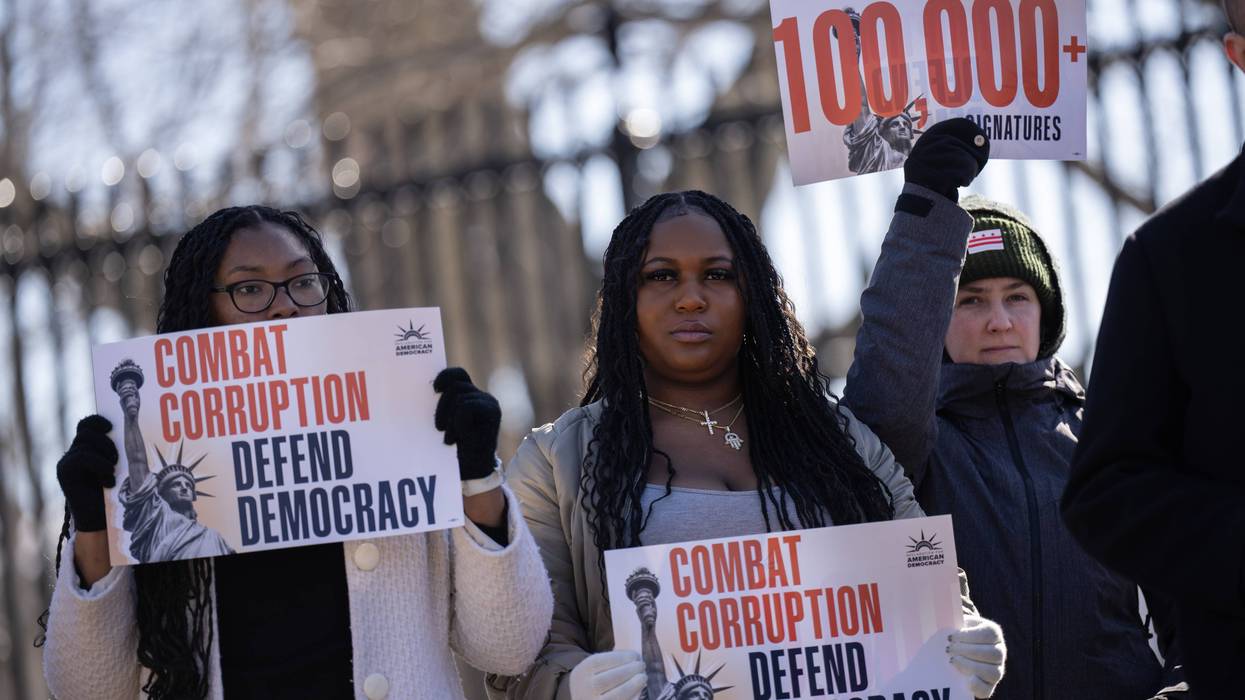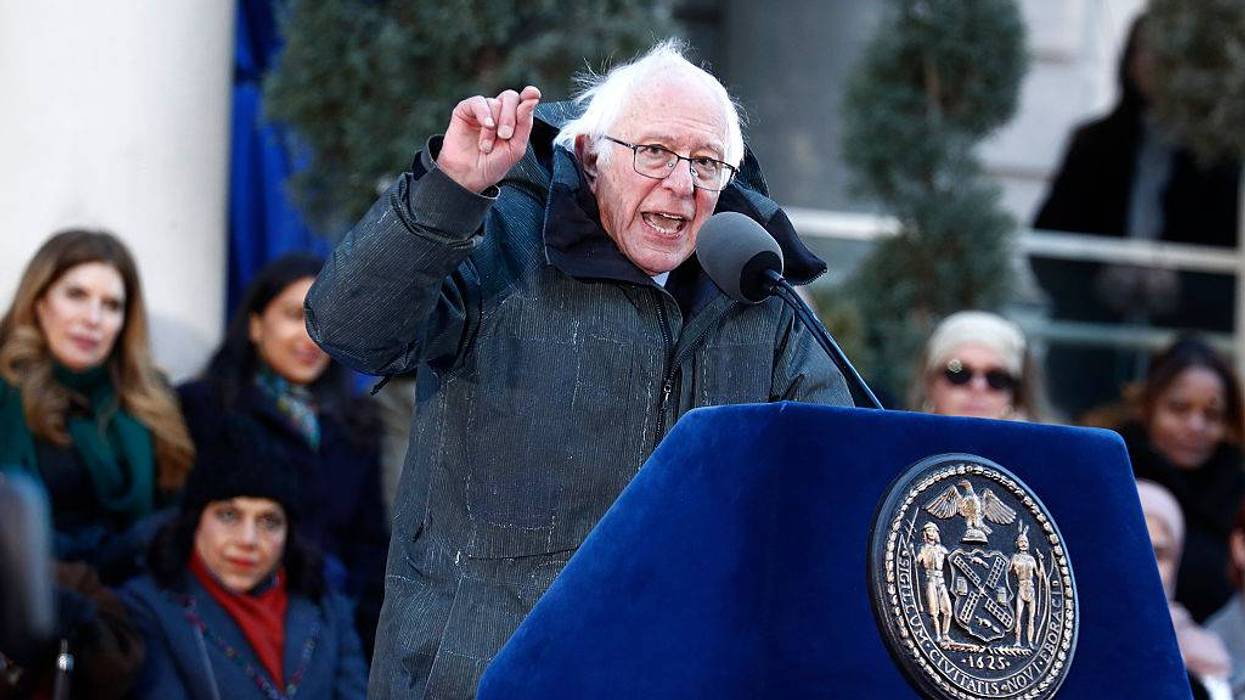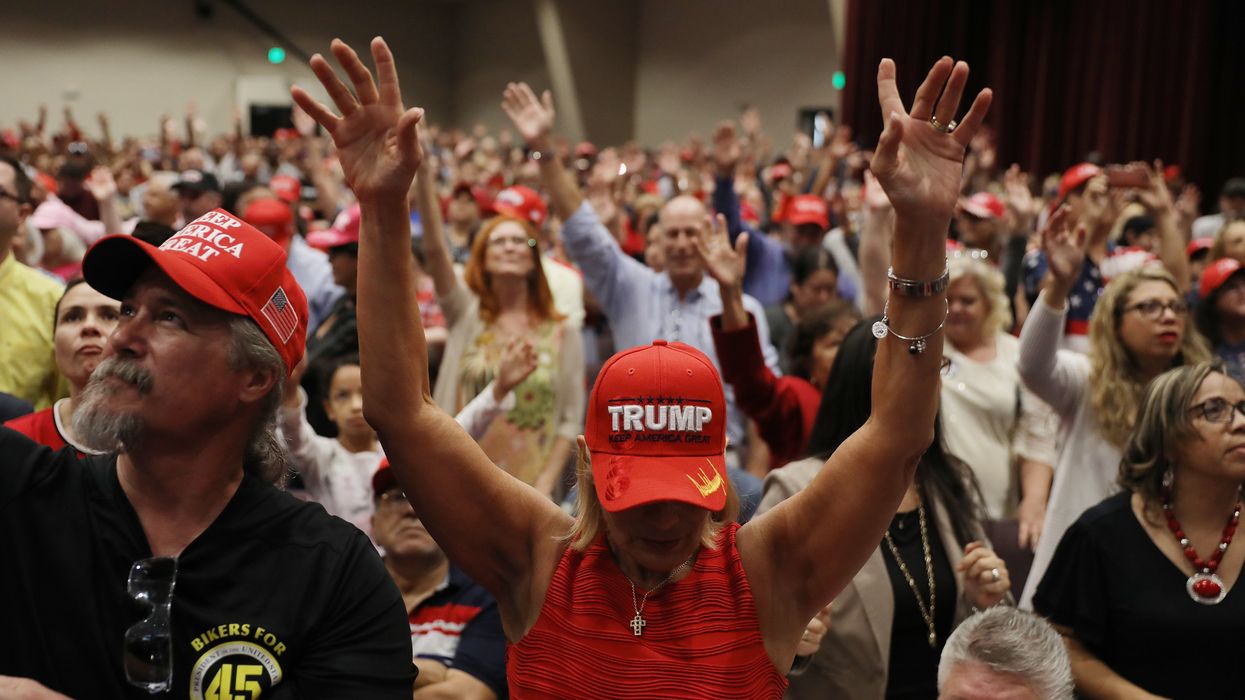As any advertising executive can tell you, with enough money and enough media—particularly if you are willing to lie—you can sell anybody pretty much anything.
You can even sell a nation a convicted felon, rapist, and apparent agent of America’s enemies.
This is not the end, though; hitting bottom often begins the process of renewal and the behavior and violence of this administration certainly qualifies as a “bottom” in modern American history.
America was overwhelmed in the 2024 election by billions of dark-money dollars in often dishonest advertising, made possible by five corrupt Republicans on the Supreme Court, and it worked. Democrats were massively outspent, not to mention the power of the billionaire Murdoch family’s Fox “News” and 1,500 hate-talk radio stations and podcasters, many subsidized by Russia and rightwing billionaires.
Open the lens a bit larger, and we find that it goes way beyond just that election; virtually every crisis America is facing right now is either caused or exacerbated by the corruption of big money authorized by those corrupt Republicans on our Supreme Court.
They’re responsible for our crises of gun violence, the drug epidemic, homelessness, political gridlock, $2 trillion in student debt, our housing crisis, our slow response to the climate emergency, a looming crisis for Social Security and Medicare, the ongoing brutality of ICE, and even the lack of affordable drugs, insurance, and healthcare.
All track back to a handful of Supreme Court justices who sold their votes to billionaires in exchange for extravagant vacations, luxury yacht experiences and motorhomes, private jet travel, speaking fees, homes, tuition, a spouse’s employment, and participation in exclusive clubs and billionaire networks that bar the rest of us from entry.
For over two decades, according to reporting, Clarence Thomas and his wife have been accepting millions in free luxury vacations, tuition for their adopted son, a home for his mother, private jet and megayacht travel, and entrance to rarified clubs.
Sam Alito is also on the gravy train, and there are questions about how Brett Kavanaugh managed to pay off his credit cards and gambling debts. John Roberts’ wife has reportedly made over $10 million from law firms with business before the court; Neil Gorsuch apparently got a sweetheart real estate deal and his mother had to resign from the Reagan administration to avoid corruption charges; Amy Coney Barrett has refused to recuse herself from cases involving her father’s oil company.
None of this is illegal because when five corrupt Republicans on the Court legalized members of Congress taking bribes they legalized that same behavior for themselves.
As a result, we have oligarchs buying and running our media, social media, and funding our elections, while the Supreme Court, with Citizens United, even legalized foreign interference in our political process.
Our modern era of big money controlling government began in the decade after Richard Nixon put Lewis Powell — the tobacco lawyer who wrote the infamous 1971 “Powell Memo” outlining how billionaires and corporations should take over America — on the Supreme Court in 1972.
In the 1976 Buckley v. Valeo decision, the Court ruled that money used to buy elections wasn’t just cash: they claimed it’s also “free speech” protected by the First Amendment that guarantees your right to speak out on political issues.
In the 200 preceding years—all the way back to the American Revolution of 1776—no politician or credible political scientist had ever proposed that spending billions to buy votes with dishonest advertising was anything other than simple corruption.
The “originalists” on the Supreme Court, however, claimed to be channeling the Founders of this nation, particularly those who wrote the Declaration of Independence and the Constitution, when they said that money is the same thing as free speech. In that claim, Republicans on the Court were lying through their teeth.
In a letter to Samuel Kercheval in 1816, President and author of the Declaration of Independence Thomas Jefferson explicitly laid it out:
“Those seeking profits, were they given total freedom, would not be the ones to trust to keep government pure and our rights secure. Indeed, it has always been those seeking wealth who were the source of corruption in government.”
But the Republicans on the Supreme Court weren’t reading the Founders. They were instead listening to the billionaires who helped get them on the Court in the first place. Who had bribed them with position and power and then kept them in their thrall with luxury vacations, “friendship,” and gifts.
Two years after the 1976 Buckley decision, the Republicans on the Supreme Court struck again, this time adding that the “money is speech and can be used to buy votes and politicians” argument applied to corporate “persons” as well as to billionaires. Lewis Powell himself wrote the majority opinion in the 1978 Boston v Bellotti decision.
Justices White, Brennan, and Marshall dissented:
“The special status of corporations has placed them in a position to control vast amounts of economic power which may, if not regulated, dominate not only our economy but the very heart of our democracy, the electoral process.”
But the dissenters lost the vote, and political corruption of everything from local elections to the Supreme Court itself was now virtually assured.
That ruling came down just two years before the Reagan Revolution, when almost all forward progress in America came to a screeching halt.
It’s no coincidence.
And it’s gotten worse since then, with the Court doubling down in 2010 with Citizens United, overturning hundreds of state and federal “good government” laws dating all the way back to the 1800s.
Thus, today America has a severe problem of big money controlling our political system. And now it’s hit its peak, putting an open fascist in charge of our government.
No other developed country in the world has this problem, which is why every other developed country has a national healthcare system, free or near-free college, and strong unions that maintain a healthy middle class.
It’s why people living in other developed countries can afford pharmaceuticals, are taking active steps to stop climate change, and don’t fear being shot when they go to school, the theater, or shopping.
It’s why—with the exception of Hungary, which Trump is now emulating—those countries are still functioning democracies.
The ability of America to move forward on any of these issues is, for now, paralyzed, even with the extraordinary showing in the streets with the No Kings protests.
This is not the end, though; hitting bottom often begins the process of renewal and the behavior and violence of this administration certainly qualifies as a “bottom” in modern American history.
Thus, right now we need to prepare for the 2026 elections, join with organizations like Indivisible to stand up and protest this corruption, and make sure everybody we know is registered to vote.
Many Americans will continue to speak out and fight for a democracy uncorrupted by the morbidly rich supporters of this neofascism.




